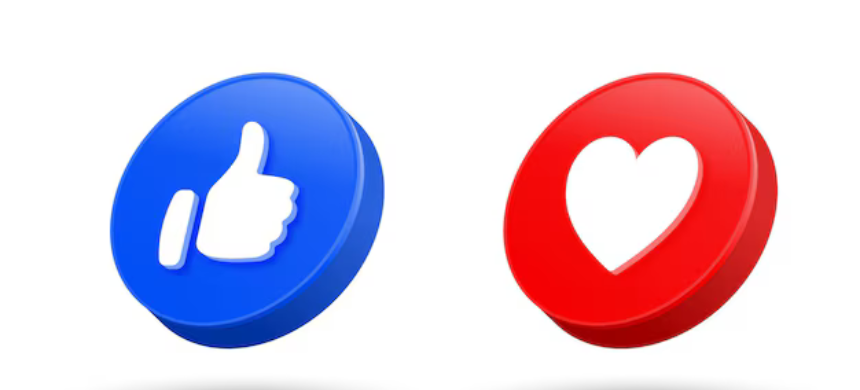In today’s rapidly evolving digital world, social media acts both as a mirror reflecting societal behaviors and a canvas shaping them. The simple act of clicking ‘Like’ or ‘Love’ on a Facebook post may seem effortless, but it is, in fact, a deeply embedded social ritual that reveals complex layers of human psychology, relationship dynamics, and cultural context.
We asked over 50 Facebook users: “What truly motivates people to engage with these digital reactions—or to hold back?” Their responses shed light on the motivations, hesitations, and hidden meanings behind Facebook’s reaction buttons.
Emotional Connection and Content Quality
For many, engagement depends largely on the content’s relevance and emotional impact. One participant shared, “If the post resonates with my feelings, I press ‘Love.’ If it aligns with a shared interest, I click ‘Like.’” Others use reactions as simple acknowledgments, signaling they’ve seen and processed the post. Yet, beyond content alone, the poster’s identity plays a major role. As one user noted, “Sometimes, reactions are motivated more by who posted it than what was posted.” Thus, digital engagement often mirrors real-world social hierarchies, where reactions can signal loyalty, approval, or indifference.
Read More: Study Reveals War and Conflict Severely Affect Mental and Emotional Health
Deliberate vs. Impulsive Engagement
Not all users engage impulsively. Some are highly selective, reacting only when posts deeply resonate with their personal values or emotions. One respondent explained, “I don’t use the ‘Like’ button randomly. Only if a post touches me on a deeper level do I react.” This reveals a group of users who treat online reactions as conscious expressions of identity rather than automatic reflexes.
Social Status and Hierarchy Influence
Social status significantly influences online behavior. Many confessed their reactions are shaped by the poster’s social standing rather than the post’s content. For instance, one participant stated, “People often react to posts by doctors or professors simply because of their titles.” This dynamic suggests that digital spaces, like offline ones, are structured by power relations where engagement can be strategic.
Familiarity and Hesitation
Familiarity with the content creator can both encourage and inhibit reactions. One user observed, “I feel bolder reacting to unknown creators but hesitate when it’s someone familiar.” This paradox underscores the complex emotional calculus behind online interactions.
Fear and Caution as Barriers
Not all users engage freely. Political, cultural, and personal anxieties create strong deterrents. One participant voiced a stark concern: “I fear being targeted, disappearing, or losing my job — above all, my peace.” Many users refrain from reacting to avoid negative consequences or misinterpretation. “Fear of an annoying or hostile response stops me from engaging,” said another respondent. For many, social media is a fraught terrain of unspoken risks.
Contextual Influence: The Indo-Pak War
Current events also shape engagement. Our data suggests that during the ongoing Indo-Pak conflict, users increasingly click ‘Like’ or ‘Love’ on posts supporting the Pakistani military—signaling digital solidarity between civilians and armed forces.
Typology of Facebook Users
Our study identifies five broad categories of Facebook users based on their reaction styles:
- Expressive Users: React based on genuine emotional connections; use reactions as self-expression.
- Relationship-Oriented Users: Engage to maintain social ties, prioritizing the poster’s identity over content.
- Selective Users: Respond thoughtfully, reserving reactions for content that deeply resonates.
- Status-Conscious Users: React more frequently to posts from high-status or influential individuals.
- Cautious Users: Refrain from reacting due to fear of political, professional, or social repercussions.
These diverse engagement styles reveal the complex interplay of emotions, social relationships, and external pressures shaping Facebook interactions.
Conclusion
As digital communication continues to evolve, understanding these patterns is crucial—not only for everyday users but also for businesses, policymakers, and researchers aiming to decode online behavior. A Facebook reaction is far more than a click—it’s a window into the intricate social and psychological forces that govern our virtual lives.











